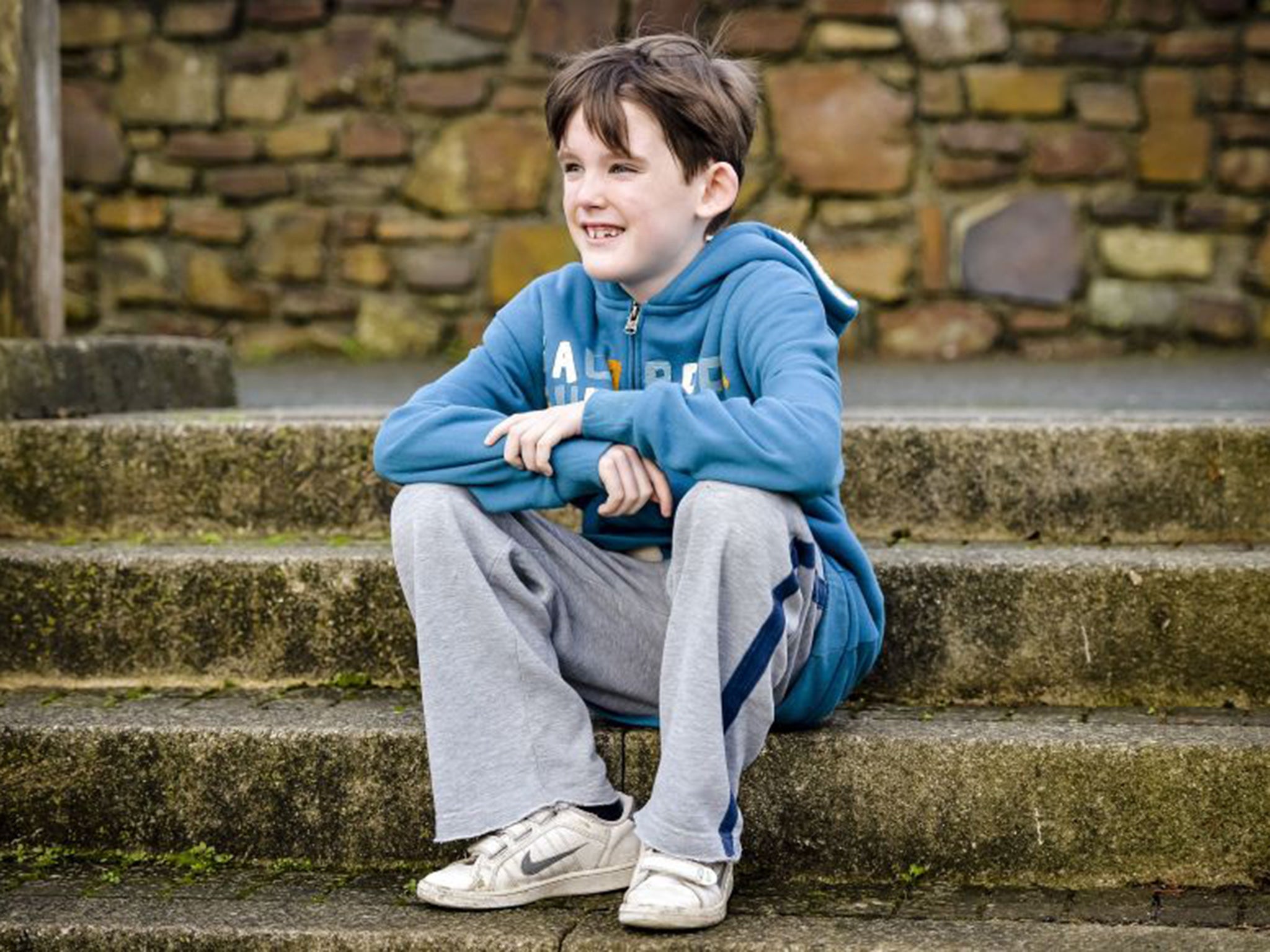Boy with cancer has sperm stem cells frozen in the hope he can have children
Nine-year-old Nathan Crawford has had treatment for brain tumour which could leave him infertile

A nine-year-old with a brain tumour has become the first boy in the UK to have testicular tissue frozen with the hope he can have children later in life.
Nathan Crawford has undergone radiotherapy and chemotherapy to shrink his inoperable tumour but the treatment could render him infertile.
In a ground-breaking procedure, surgeons at the John Radcliffe Hospital in Oxford have removed a wedge of testicular tissue and frozen it, and will aim to one day re-implant it into Nathan. If the re-implantation is successful, Nathan will have a good chance of becoming a father.
Nathan has a type of tumour called a glioma, which develops from the glial cells that support the nerve cells of the brain. He has undergone a course of radiotherapy and is having a second round of chemotherapy.
Before he started chemotherapy, his family, who live in Bude, Cornwall, were offered the chance to freeze testicular tissue thanks to pioneering work at the John Radcliffe.
During keyhole surgery, which was carried out under general anaesthetic and lasted around 20 to 30 minutes, the surgeons removed a wedge of testicular tissue from one of Nathan’s testes.
This sample contains sperm stem cells, which remain viable when slow-frozen within the small amount of testicular tissue. Stepfather Jonathan Alison, 34, said he and Nathan’s mother Donna Hunt, 31, have explained the tumour to Nathan and how the procedure to store testicular tissue might help him in later life. “Nathan loves children and so we told him this would increase the chances he can have his own children,” he said.
Dr Sheila Lane, a consultant paediatric oncologist who is clinical lead for tissue cryopreservation at the John Radcliffe, said the new technique had been shown to work in animal models.
It is similar to ovarian tissue freezing, which has already produced live births for women undergoing the procedure.
Dr Lane said: “What happens when you put this tissue back [at a later date] is that it generates its own blood supply and starts producing normal hormones, which restores fertility.”
Press Association
Subscribe to Independent Premium to bookmark this article
Want to bookmark your favourite articles and stories to read or reference later? Start your Independent Premium subscription today.

Join our commenting forum
Join thought-provoking conversations, follow other Independent readers and see their replies